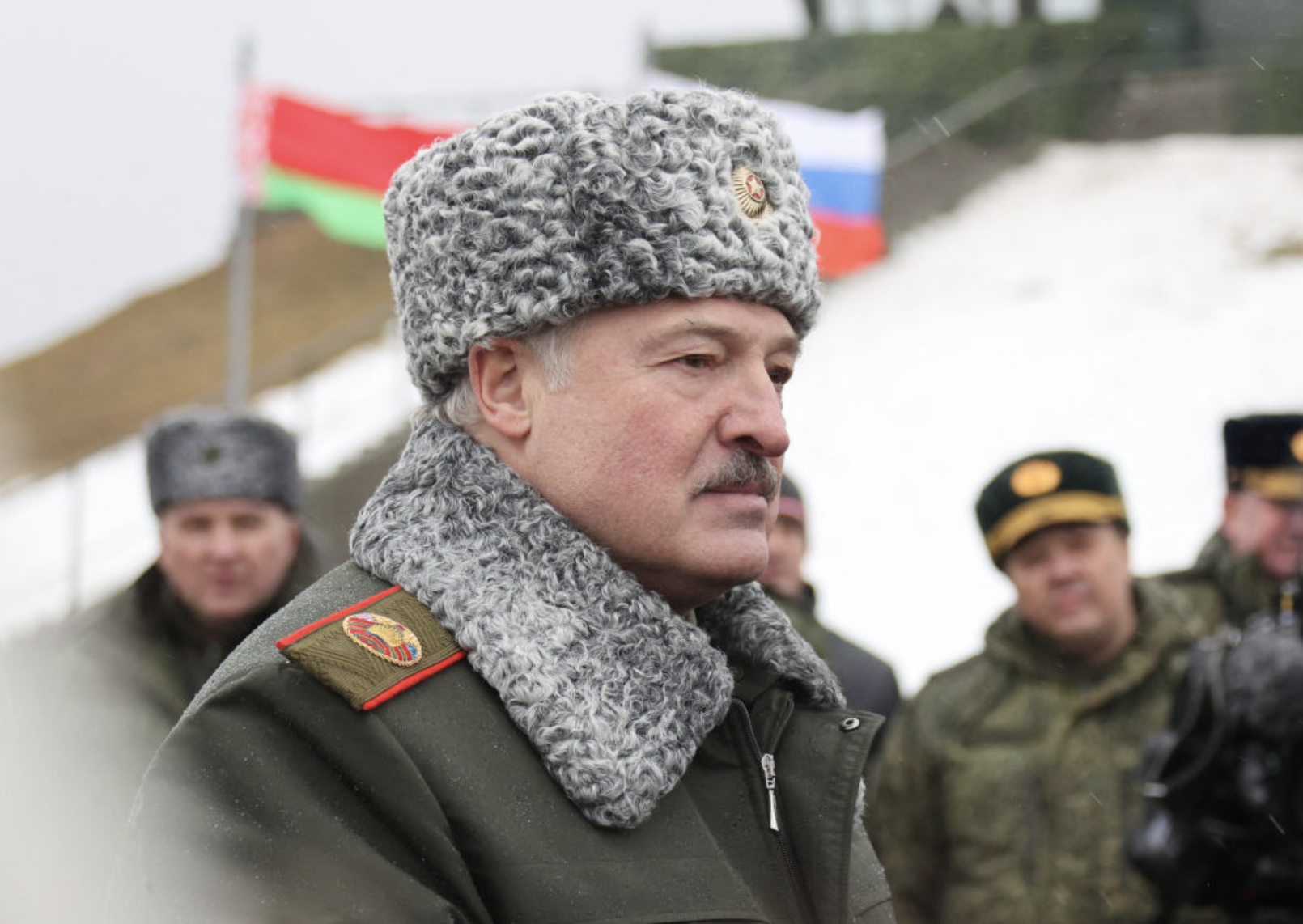Lukashenko says Russia could place strategic nuclear weapons in Belarus ‘if necessary’
Belarusian dictator Alexander Lukashenko in an address to the nation spoke of the possibility of placing Russian strategic nuclear weapons in Belarus, just a few days after Russian dictator Vladimir Putin threatened to deploy intercontinental nuclear missiles to its neighbor.
In his address on March 31, Lukashenko claimed Moscow's plans to station nuclear arms on the territory of its close ally would help protect Belarus from the West, Belarusian state-controlled news outlet BelTA reported.
“If necessary, Putin and I will decide and place strategic nuclear weapons here [Belarus]. The scoundrels who are abroad today trying to undermine us from the inside and outside must understand this,” Lukashenko said.
While Putin said that Russia is not transferring its nuclear weapons to Belarus, only deploying them, meaning that they will remain under Moscow's control, Lukashenko suggested he could use them if Belarus was threatened.
“We will stop at nothing, defending our countries, our states and our people,” he added.
Lukashenko also mentioned the prospect of deploying intercontinental ballistic missiles that could destroy entire cities from thousands of miles away in Belarus.
Putin's latest nuclear threat comes amid false claims that the U.K. provided Ukraine with ammunition that contained nuclear components. On March 20, the U.K. Defense Ministry's confirmed it would supply Ukraine with ammunition containing depleted uranium.
Earlier, U.K. Foreign Secretary James Cleverly countered Russian accusations that supplying Ukraine with ammunition containing depleted uranium is "nuclear escalation," saying that "just because the word uranium is in the title of depleted uranium munitions, they are not nuclear munitions, they are purely conventional munitions."
U.S. President Joe Biden on March 28 said that he's concerned about Moscow's threats to place its nuclear weapons in Belarus, according to CNN. “What've I been talking to you guys about for the last year? This is a dangerous kind of talk, and it's worrisome,” Biden said.
European Union foreign policy chief Josep Borrell on March 26 also reacted to Russia’s decision, calling it an “irresponsible escalation and threat to European security.”
Borrell added that Belarus, which acts as Russia's ally in the war against Ukraine, “can still stop it, it is their choice.”
Peter Stano, spokesman for the European Commission on foreign policy issues, commented that the European Union will react and there would be consequences if Russia implements this plan, according to Ukrainian media outlet Ukrainska Pravda.











